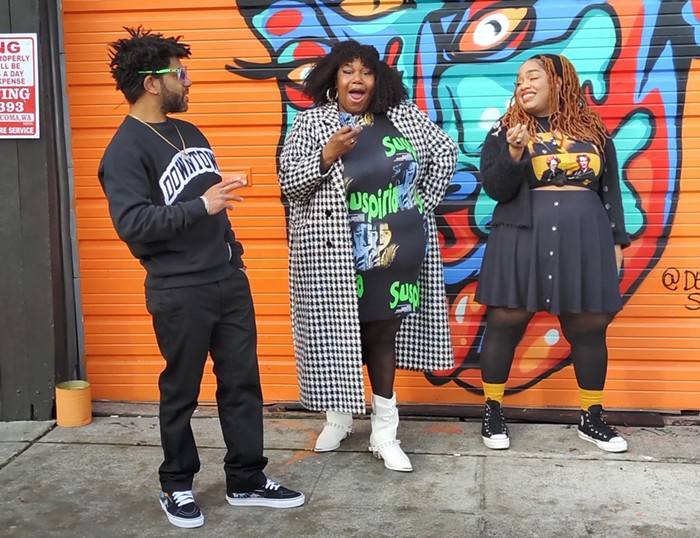
Can Obama change federal cannabis law before he leaves office?
There are some helpful things he could do, but weed doesn’t seem to be a priority and Obama is likely out of time.
The president cannot end prohibition directly with an executive order. Instead, Barack Obama could advise the US Attorney General and the Secretary of Health and Human Services (HHS) to remove cannabis from the federal Controlled Substances Act (CSA), or order that cannabis be dropped from Schedule I to a less restrictive status. He could effect these changes indirectly, through his control over various administrative agencies.
The CSA gives the Attorney General and HHS authority to remove a substance, like pot, from a given schedule. For purposes of the CSA, the Attorney General delegates this power to the Drug Enforcement Administration (DEA), and HHS delegates to the Food & Drug Administration (FDA). That probably reads like alphabet soup, but the point is the president has the power to fire the Attorney General and DEA and FDA bosses, for any reason at all.
At this point, there is not enough time for Obama to kick-start the re- or descheduling process; it’s time-consuming and tedious. Also, the department bosses will all be looking for new jobs on January 20 anyway, when Trump installs his toadies, so a removal threat would be moot. Obama did recently discuss cannabis with Rolling Stone, saying we should be treating pot use as “a public-health issue, the same way we do with cigarettes or alcohol,” and that federal prohibition is “untenable” in light of so many states legalizing cannabis. Obama also remarked he would “have the opportunity as a private citizen to describe where I think we need to go” on weed. These quotes may sound like platitudes, but they would have been radical words for a president until recently.
Ultimately, Obama’s legacy on pot is a tale of two terms. After winning the presidency in 2008, his administration cracked the whip on cannabis. The Department of Justice (DOJ) conducted countless raids on dispensaries in states with legal medical marijuana programs, and it sent warning letters to pot landlords, threatening to seize their land. In 2012, however, Washington and Colorado boldly legalized recreational weed and the DOJ announced its “wait and see” approach to state-level pot programs. Federal tolerance for cannabis has since allowed the industry to thrive, and a majority of states now have medical or recreational programs. It was also great to see Obama commute the sentences of thousands of non-violent drug offenders in his second term.
Obama’s run as president saw seismic change for cannabis, and he has played his hand skillfully these past four years, allowing the industry room to breathe. Although Barack Obama did not walk back the federal prohibition of cannabis, his legacy will show that he shepherded the country along a path to ending prohibition. Hopefully, it sticks.















